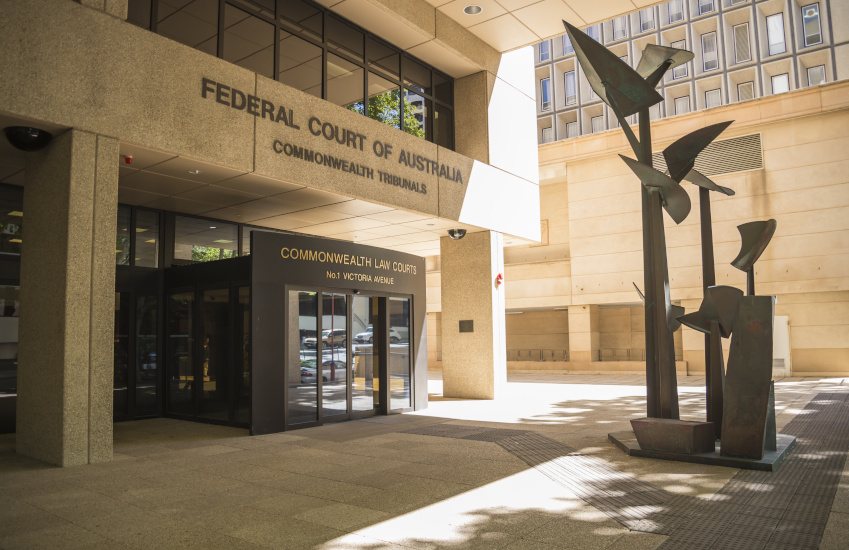The court heard that Kalangalupe Pavihi had contravened section 68b(1) of the SIS Act through assisting 68 individuals in the establishment or intended establishment of 35 SMSFs. According to court documents, over $800,000 was released from the SMSFs through the scheme.
Ms Pavihi was not a registered tax agent or financial adviser and worked as a credit card customer service operator at Westpac at the time she operated the scheme.
You’re out of free articles for this month
Court documents detailed that she “obtained personal details of the intended trustees and used those details to complete an online application form on the website of an organisation, Esuperfund Pty Ltd, which... provided services in relation to SMSFs, including the provision and lodgement of documentation required to set up an SMSF”.
The documents were provided to the trustees to sign and lodged with Esuperfund to complete the establishment of the SMSFs, the court heard.
According to an ATO statement, the trustees reportedly used the money released through the SMSFs to fund a number of personal expenses including home renovations and stamp duty.
In most instances, Ms Pavihi charged a fee for her services and in some cases also received loans from the trustees, gaining approximately $27,900 from the scheme overall.
The Commissioner of Taxation acknowledged the cooperation of Ms Pavihi in the case in having admitted to contraventions of the SIS Act and expressed remorse for her actions. The judge also acknowledged that Ms Pavihi was a single mother who was “very likely” to “never have the capacity to pay the penalties that are to be imposed”.
As such, when ordering the $220,000 penalty, the court took an undertaking from the commissioner that if Ms Pavihi was not able to pay the fine back within six years, the commissioner would need to seek leave from the court to reassess any changes to her financial situation “such as a financial windfall, the discovery of any concealed assets or an increase in earning capacity”, before taking further enforcement action.
Commenting on the case, ATO assistant commissioner Dana Fleming said illegal super release schemes caused considerable financial disadvantage to the people who could least afford it.
“It’s not just the money they won’t have at retirement. People who access their super illegally may also need to pay tax on the funds they illegally accessed, along with penalties and interest,” Ms Fleming said.
“If you come across a tax or super scheme and you’re not sure it’s okay, get a second opinion.”

 Login
Login






